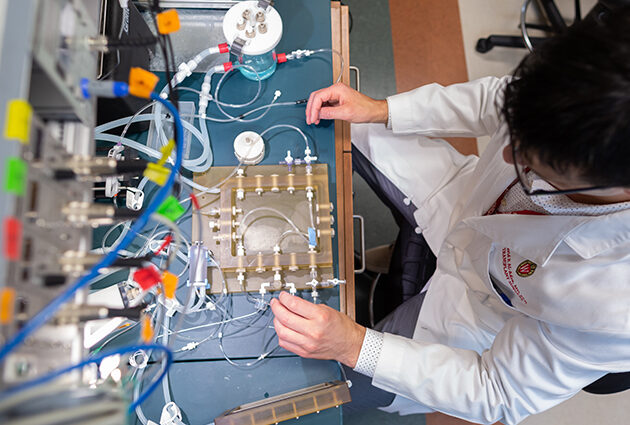
About Us
The UW School of Medicine and Public Health strives to improve the health and well-being of people in Wisconsin and beyond.
Integrated Approach
The school began offering a 2-year medical curriculum in 1907 and welcomed the first class of medical students for a comprehensive 4-year degree in 1925. In 2006, it became the nation’s first school of medicine and public health, integrating social, environmental, economic and public policy issues into our teaching, research, clinical care and community service missions.
Our goal is to train health, public health and research professionals who think broadly as they seek to solve society’s most pressing health challenges.
Strength in Numbers
Extramural research support, FY 2022-23
Faculty in clinical, basic and applied science
Awarded through community and research grants*
*By the Wisconsin Partnership Program (2023-24)
Advancing Health and Health Equity
In keeping with the Wisconsin Idea, the UW School of Medicine and Public Health seeks to improve health and health equity in our state and beyond.
The school’s five health professions degree programs emphasize community outreach, engagement and partnership around our state — encompassing tribal communities, urban neighborhoods such as Milwaukee and Green Bay, the heart of Madison and rural towns. In partnership with the school’s Office of Global Health, we support training initiatives and foster interdisciplinary approaches to improving health and public health worldwide.
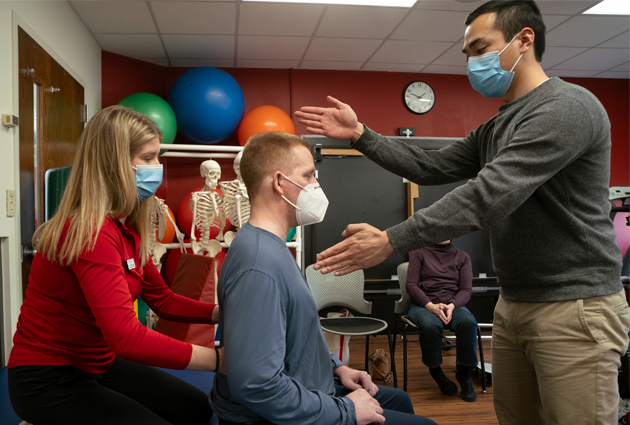
Service Learning
Service learning opportunities, such as the Dewane Neurorehabilitation Clinic, connect students with community members in efforts to improve health and health equity.

Neighborhood Atlas
A team led by Dr. Amy Kind, MD, PhD, created a data mapping tool that’s now informing national policies to help reduce health disparities.
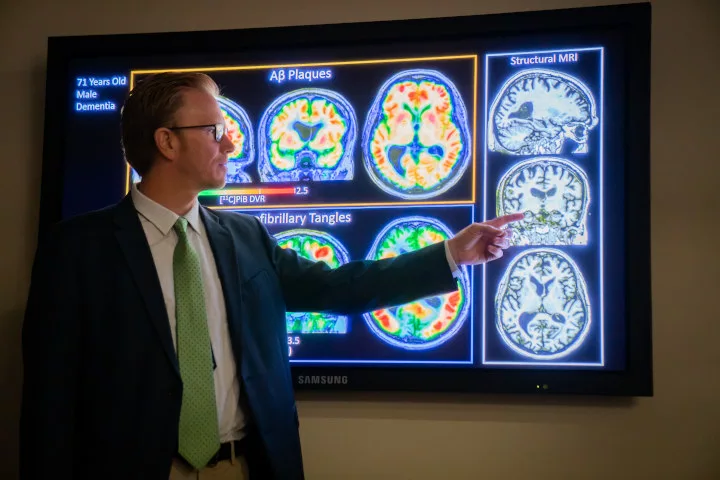
Alzheimer’s Disease
Dr. Sterling Johnson, PhD, leads the largest family history study of Alzheimer’s disease in the world: the Wisconsin Registry for Alzheimer’s Prevention (WRAP)

Learning and Working Together
With 27 departments, more than 30 institutes and centers, and over 2000 faculty and 1,700 students, the UW School of Medicine and Public Health is committed to providing outstanding educational experiences, advancing innovative research and creating an environment where all can thrive.
Graduate and health professions students explore studies in a variety of settings, from hospitals to community clinics, from research laboratories to public health departments. Postgraduate trainees learn alongside distinguished faculty in a broad range of fields in the clinical sciences and basic sciences.
Connecting With UW Health and Beyond
Our close partnership with the University of Wisconsin Hospital and Clinics (UW Health), named “Wisconsin’s #1 Hospital” in 2023 for the 12th consecutive year by U.S. News & World Report, and the University of Wisconsin Medical Foundation (one of the 10 largest physician practice groups in the country) make us the ideal place for sharing knowledge across disciplines and offering outstanding clinical training experiences for students.
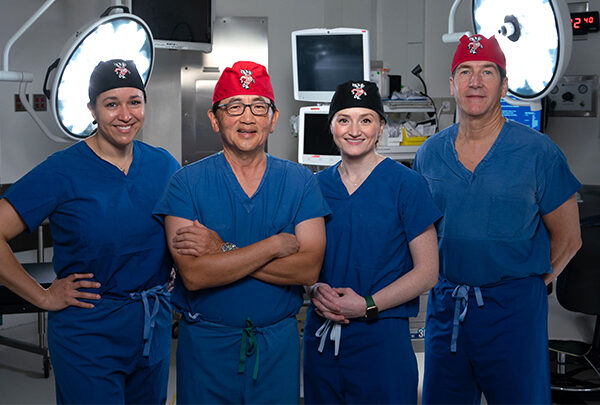
Committed Leadership
The school’s leaders are dedicated to maintaining a supportive learning and working environment and advocating for inclusion, belonging, engagement and dialogue among students, faculty and staff as we work together toward a shared vision of advancing health and health equity.
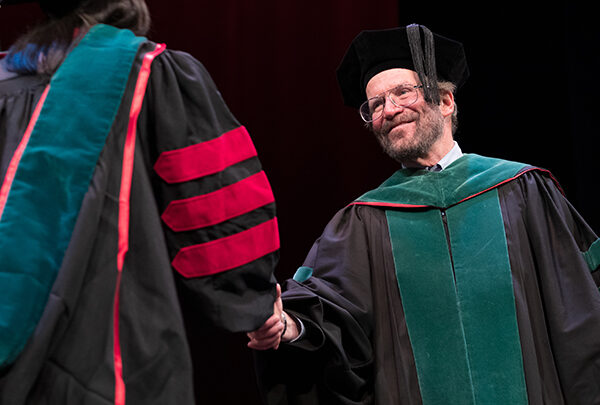
Community
Diversity, Equity and Inclusion
Build Your Career Here
We welcome talented individuals dedicated to advancing education, research, clinical care and service to the broader community.
Employment opportunities